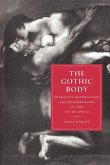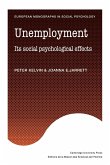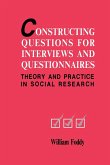Since the early twentieth century, hormones have commonly been understood as 'messengers of sex'. They are seen as essential to the development and functioning of healthy reproductive male and female bodies; millions take them as medications in the treatment of fertility, infertility and ageing. However, in contemporary society, hormones are both disturbed and disturbing; invading our environments and bodies through plastics, food and water, environmental estrogens and other chemicals, threatening irreversible, inter-generational bodily change. Using a wide range of sources, from physiology textbooks to popular parenting books and pharmaceutical advertisements, Celia Roberts analyses the multiple ways in which sex hormones have come to matter to us today. Bringing feminist theories of the body into dialogue with science and technology studies, she develops tools to address one of the most important questions facing feminism today: how is biological sex conceivable?
Hinweis: Dieser Artikel kann nur an eine deutsche Lieferadresse ausgeliefert werden.
Hinweis: Dieser Artikel kann nur an eine deutsche Lieferadresse ausgeliefert werden.
'What is the relationship between hormones and sex, between the biological and the social, and between sex and gender? In this engagingly written book Roberts develops an elegant and complex - yet entirely accessible - argument that deserves to command the attention of theorists working in history, philosophy, science and technology studies, cultural studies, anthropology, sociology and feminist theory. This is one of a handful of truly exceptional recent books to emerge from informed and responsible interdisciplinary research.' Professor Moira Gatens, Research Professor, University of Sydney








